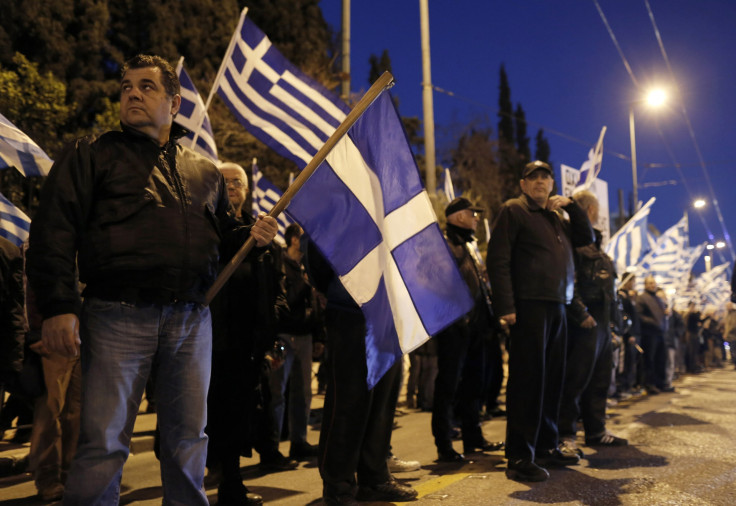Cyprus Accepts Harsh Terms For Financial Rescue By International Monetary Fund, European Union And European Central Bank; Capital Controls Implemented

Cyprus has accepted harsh terms for a financial rescue demanded by the International Monetary Fund and the European Union for the debt-choked nation to receive a desperately needed loan.
On Friday, the nation’s parliament, which has been negotiating for days with the IMF, the EU and the European Central Bank, known collectively as the troika, accepted the troika’s unprecedented demand that it assess a one-time levy on residents’ bank deposits, China’s state-owned Xinhua news agency reported.
The levy, public fears of which sparked a run on ATMs last weekend, is part of a package of concessions that Cyprus is making to raise €5.8 billion ($7.5 billion) -- a step it had to take by Monday or face a cut-off of ECB emergency cash injections.
The exact percentage of bank deposits that the government will take to raise the needed amount was not immediately clear. However, the Associated Press reported that a bill will be brought to parliament for a levy of less than 1 percent on all deposits.
Cypriot lawmakers on Friday passed one measure to create a "solidarity fund" to pool state assets and another to impose capital controls on its banks, something that clearly anticipates a run on the island’s banks once they are allowed to open, MarketWatch said. The banks have been closed all week for fear of a bank run.
Cyprus had run out of alternatives to the troika rescue. Hopes that Russia, whose billionaires and oligarchs account for about one-third of Cypriot bank deposits, rejected pleas from Cyprus to help -- despite the fact that Russian depositors are expected to lose some €2 billion or more because of the plan to take money from depositors.
What has made the Cyprus bailout unprecedented is the fact that for the first time the troika is demanding that ordinary citizens of nations that are essentially insolvent absorb some of the cost of their own rescue. Such terms were never imposed on Greece or other euro-zone members that have required financial rescues in recent years.
© Copyright IBTimes 2025. All rights reserved.






















